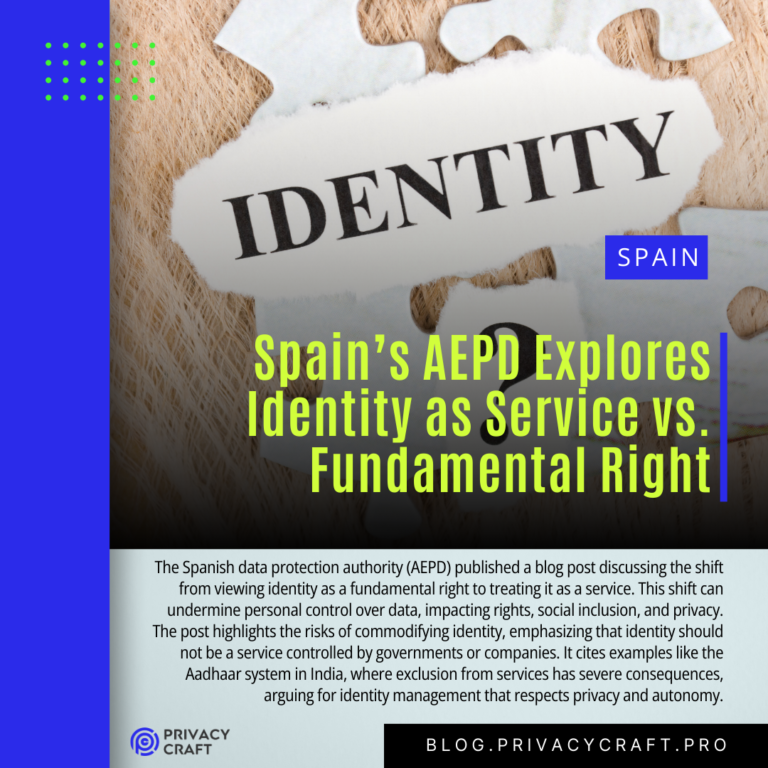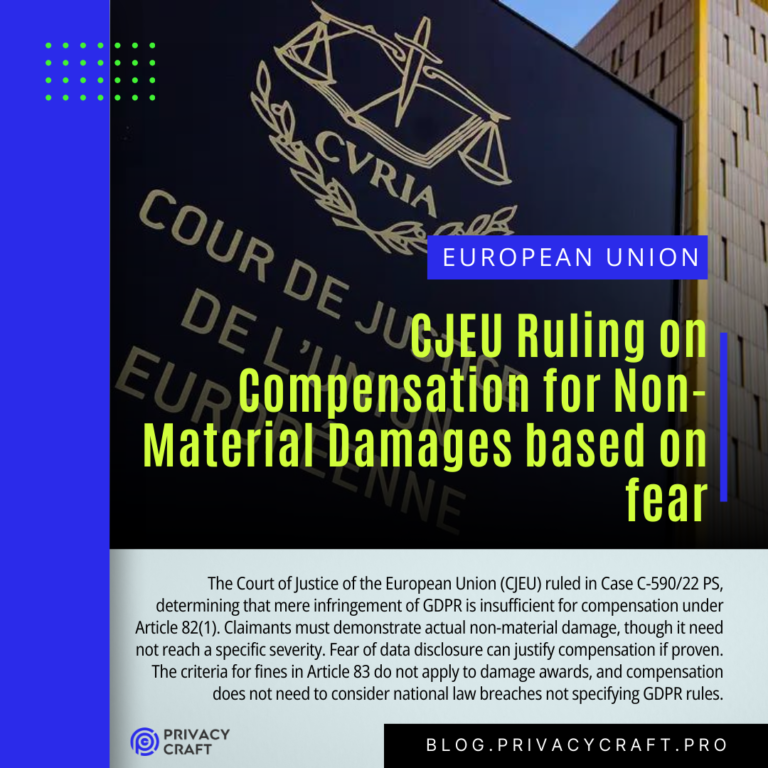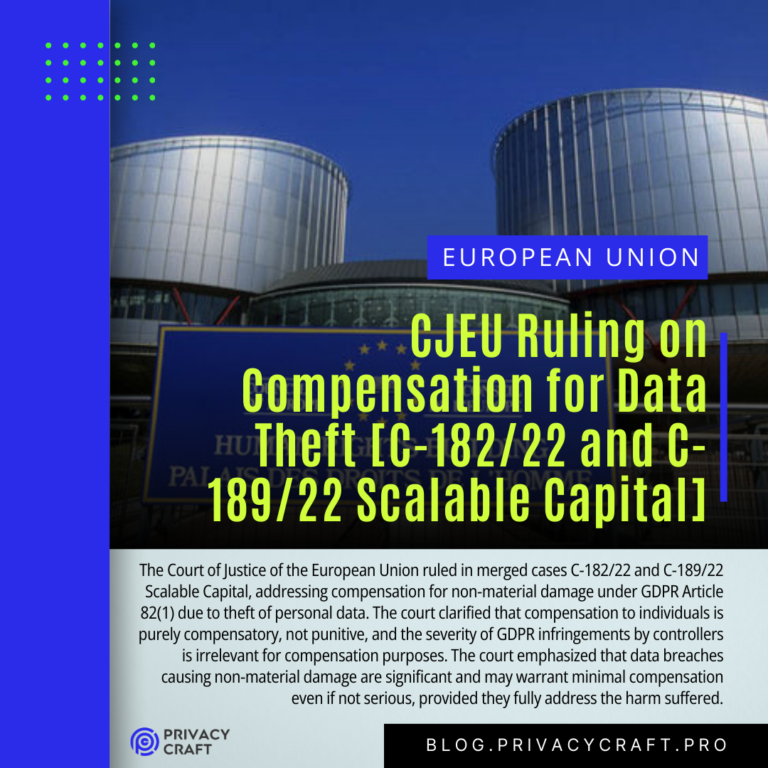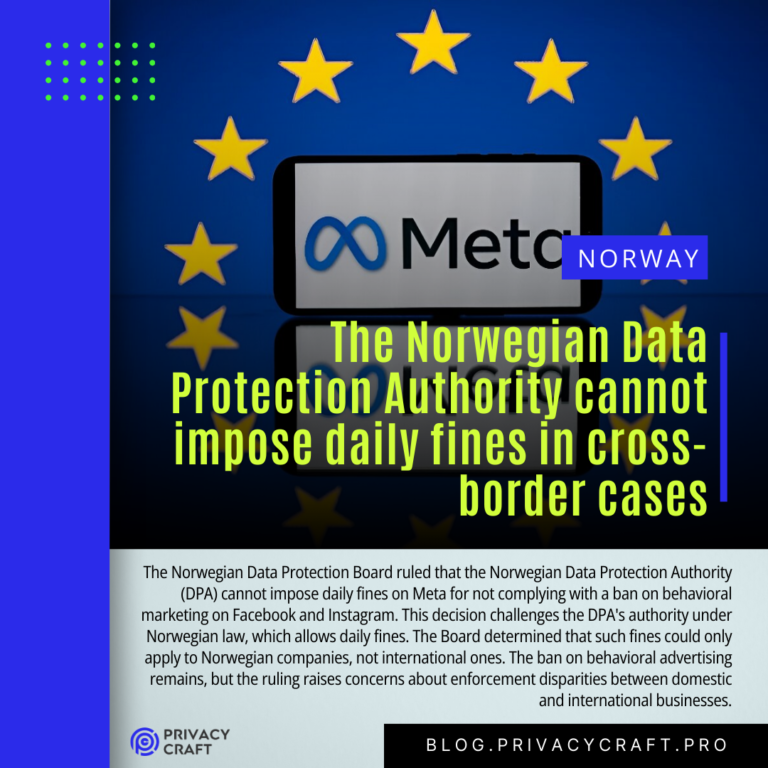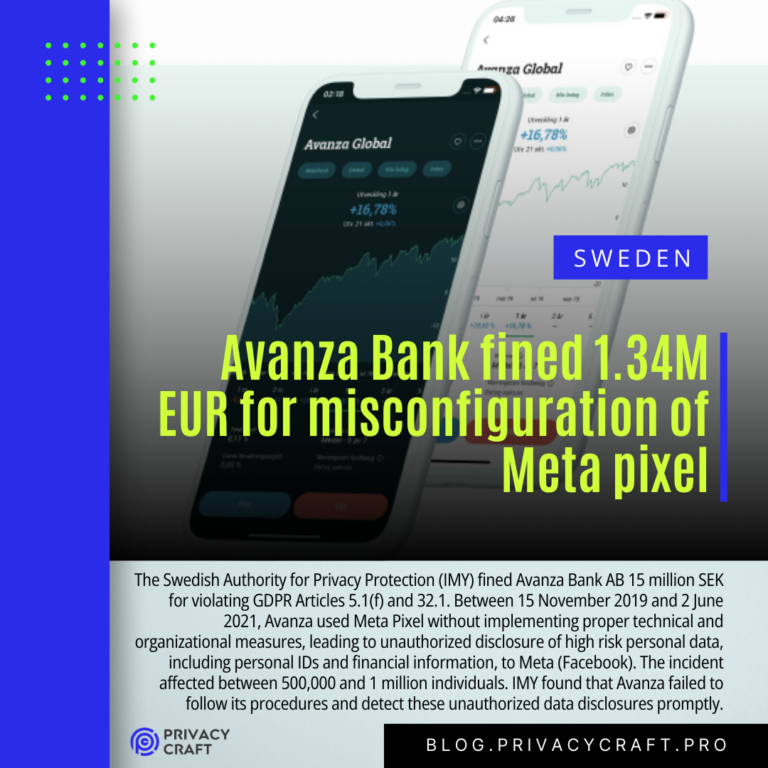Spain’s AEPD Explores Identity as Service vs. Fundamental Right
The Spanish data protection authority (AEPD) published a blog post discussing the shift from viewing identity as a fundamental right to treating it as a service. This shift can undermine personal control over data, impacting rights, social inclusion, and privacy. The post highlights the risks of commodifying identity, emphasizing that identity should not be a service controlled by governments or companies. It cites examples like the Aadhaar system in India, where exclusion from services has severe consequences, arguing for identity management that respects privacy and autonomy.
Spain’s AEPD Explores Identity as Service vs. Fundamental Right Read More »
